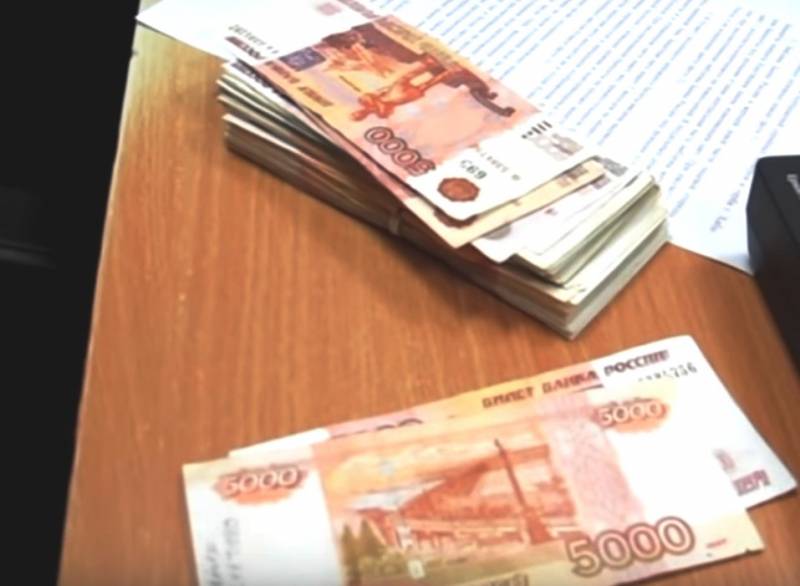In Russia, they can cancel personal income tax for people with low salaries
In the long run, citizens who receive low salaries can be exempted from personal income tax.
As you know, the cost of living in the Russian Federation is 11,2 thousand rubles. But many citizens receive wages at the cost of living. And when the personal income tax at the rate of 13% is deducted from the employee’s salary, then the employee receives already much less than the living wage.
The Russian tripartite commission for the regulation of social and labor relations believes that after the deduction of personal income tax, wages should not be less than the subsistence level. Accordingly, all employees who receive less than 13 thousand rubles of wages can be exempted from personal income tax.
There are quite a lot of people with such salaries in Russia - these are, as a rule, state employees, as well as unskilled and low-skilled workers. Indeed, the situation is very strange when 13% is paid by both an employee receiving 100 thousand rubles and an employee receiving 12 thousand rubles. The former has more than 80 thousand rubles left to live, the latter as a result has an amount of less than a living wage.
At the same time, the Russian authorities have not yet agreed to introduce a progressive taxation scale in the country, fearing an outflow of capital.
Opponents of the exemption of low-income Russians from the tax burden argue their position that the abolition of personal income tax for certain categories of workers can lead to an increase in wages "in envelopes". In fact, and now nothing prevents to pay "in an envelope" 50 thousand rubles, and pay tax from 12 thousand rubles.
As you know, the cost of living in the Russian Federation is 11,2 thousand rubles. But many citizens receive wages at the cost of living. And when the personal income tax at the rate of 13% is deducted from the employee’s salary, then the employee receives already much less than the living wage.
The Russian tripartite commission for the regulation of social and labor relations believes that after the deduction of personal income tax, wages should not be less than the subsistence level. Accordingly, all employees who receive less than 13 thousand rubles of wages can be exempted from personal income tax.
There are quite a lot of people with such salaries in Russia - these are, as a rule, state employees, as well as unskilled and low-skilled workers. Indeed, the situation is very strange when 13% is paid by both an employee receiving 100 thousand rubles and an employee receiving 12 thousand rubles. The former has more than 80 thousand rubles left to live, the latter as a result has an amount of less than a living wage.
At the same time, the Russian authorities have not yet agreed to introduce a progressive taxation scale in the country, fearing an outflow of capital.
Opponents of the exemption of low-income Russians from the tax burden argue their position that the abolition of personal income tax for certain categories of workers can lead to an increase in wages "in envelopes". In fact, and now nothing prevents to pay "in an envelope" 50 thousand rubles, and pay tax from 12 thousand rubles.

Information